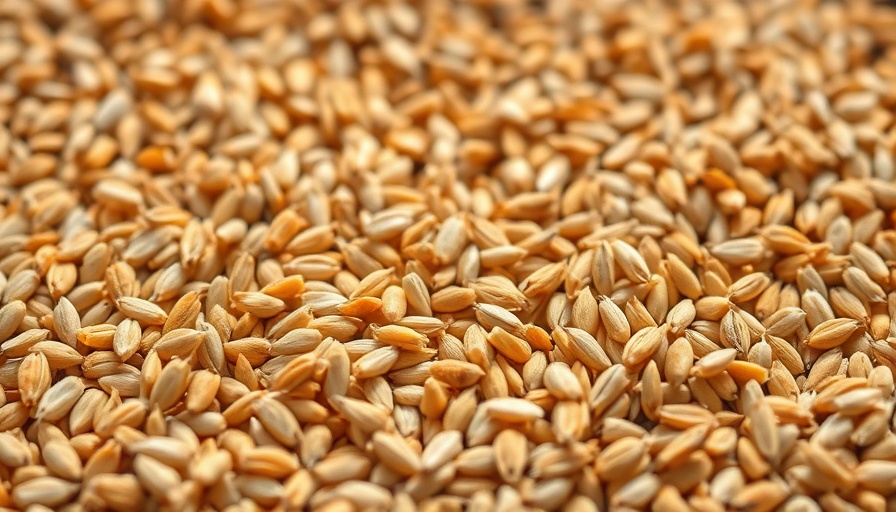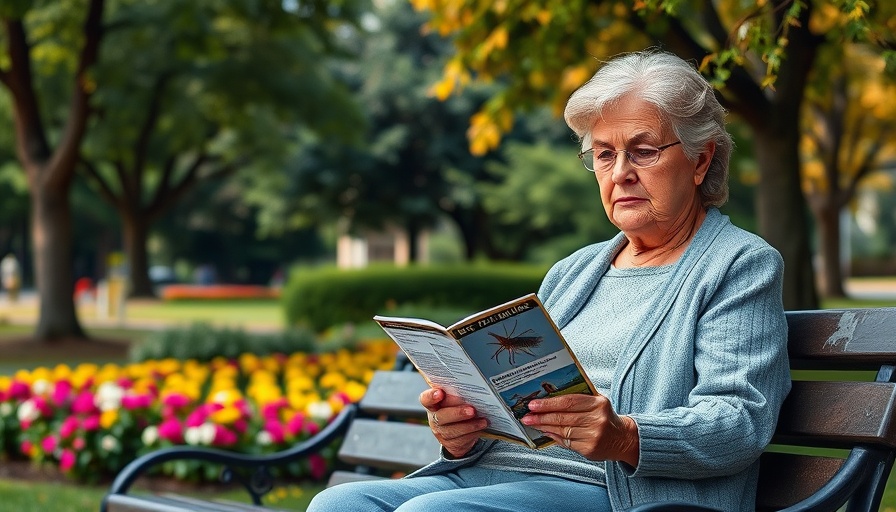
Understanding Gerstekorrels: More Than Just a Minor Skin Issue
Gerstekorrels, also known as milia, are small, white cysts that commonly appear on the face, particularly around the eyes, nose, and cheeks. While they may seem harmless and innocent, many people, especially older adults, can be taken aback by their sudden appearance and may wonder whether they should be treated—or worse, how to treat them at home.
Why You Should Not Squeeze Gerstekorrels
One of the most important pieces of advice from dermatologists is do not squeeze gerstekorrels. Not only does squeezing them fail to remove the cyst, but it can also lead to inflammation, scarring, and potential infection. Understanding the nature of these cysts is key to managing them effectively.
What Causes Gerstekorrels?
Gerstekorrels occur when keratin, a protein found in skin tissue, becomes trapped under the skin. According to skin care experts, several factors can contribute to their formation, including:
- Sun damage
- Genetics
- Use of heavy creams or skincare products
- Skin trauma, such as burns or injuries
Knowing these causes can help in devising preventive strategies, especially for older adults who may be more prone to skin issues due to aging skin.
Effective Ways to Treat Gerstekorrels
Although they don’t typically require medical treatment, individuals who wish to remove gerstekorrels can opt for professional interventions. Some effective treatment options include:
- Dermatological removal: Visiting a licensed dermatologist who can safely extract them using sterile tools is the most effective solution.
- Chemical peels: Some dermatologists recommend gentle chemical peels to promote skin cell turnover, helping to minimize the appearance of milia.
- Topical retinoids: Products containing retinoids can help by promoting cellular turnover and preventing clogged pores.
Understanding these options ensures that you don’t resort to unsafe home remedies.
Gerstekorrels vs. Other Skin Conditions
It's essential to distinguish gerstekorrels from other skin issues. For instance, getting confused between gerstekorrels and skin tags or acne can lead to poor treatment outcomes. A discussion with a dermatologist can clear up confusion and help in managing skin health properly.
Empower Yourself with Skincare Knowledge
As we age, maintaining skin health becomes increasingly important. Embracing a skincare routine suited for mature skin can drastically improve not just appearance but also confidence. Regular check-ups with a dermatologist and staying informed about changes in your skin can empower you to take charge of your skin health.
Final Thoughts on Managing Skin Health
Skin issues like gerstekorrels may appear trivial, but they can serve as a reminder of the delicate balance of health and aesthetics as we grow older. Keeping an ear to the ground for professional advice regarding skincare is essential, and understanding how to treat and prevent these cysts can make a world of difference.
In conclusion, while gerstekorrels may look innocent, treating them improperly can lead to complications. Always remember that the safest route is to consult with a skincare professional. Don’t take chances with your skin health; embrace preventive measures and appropriate skincare!
 Rij toevoegen
Rij toevoegen






Write A Comment